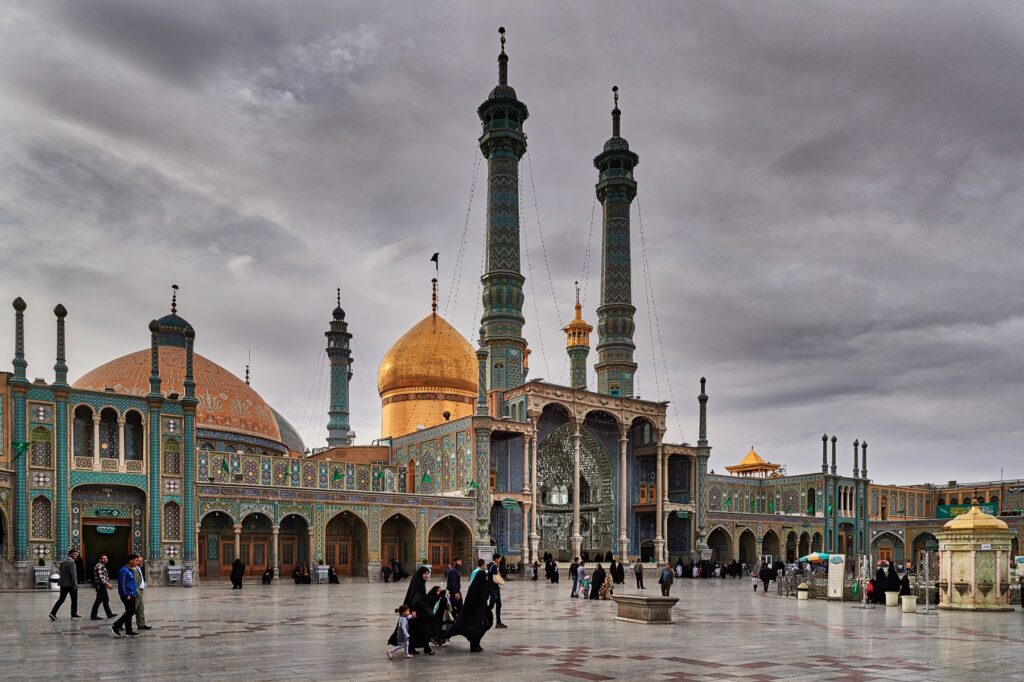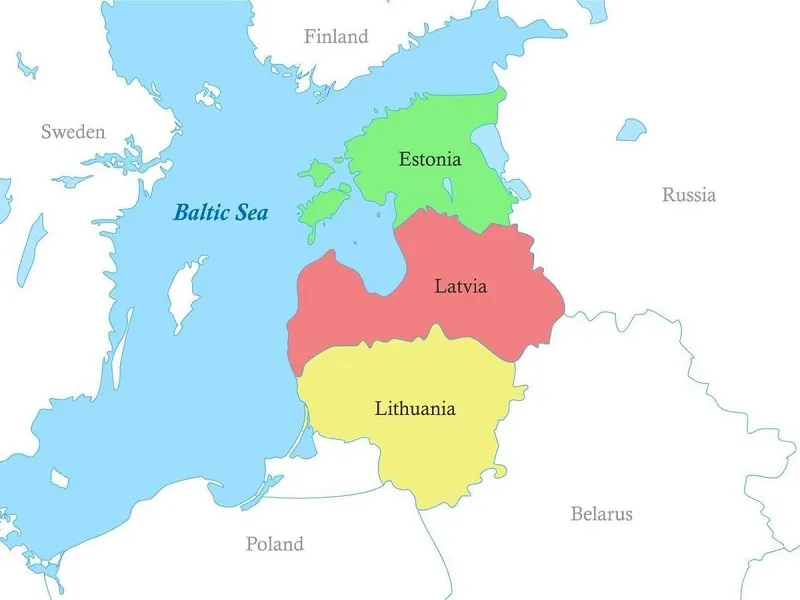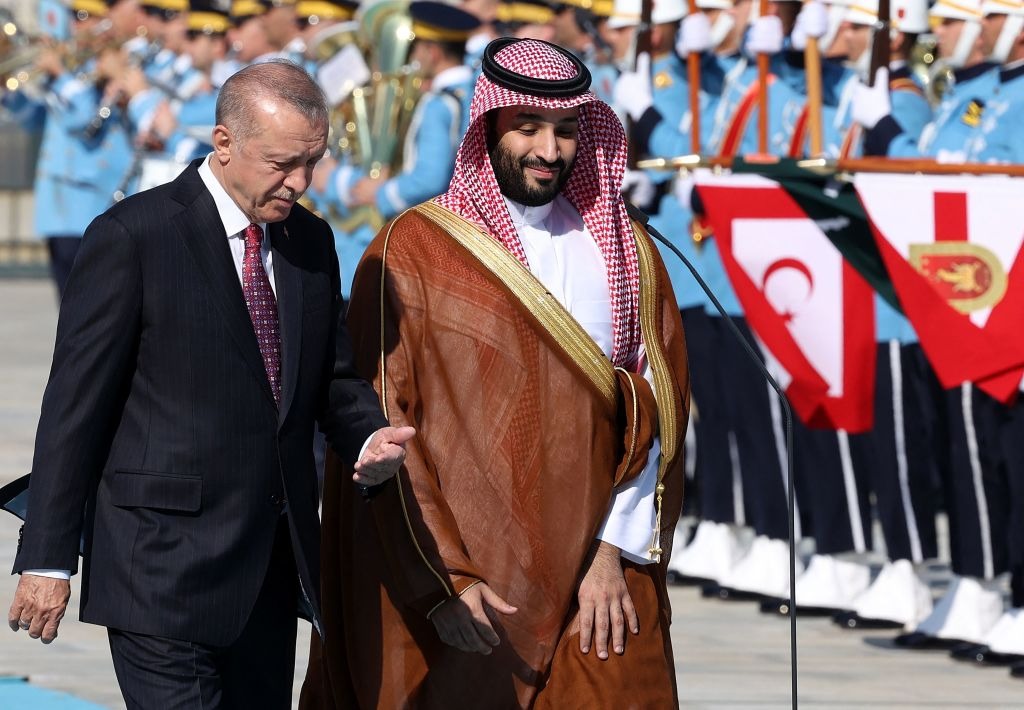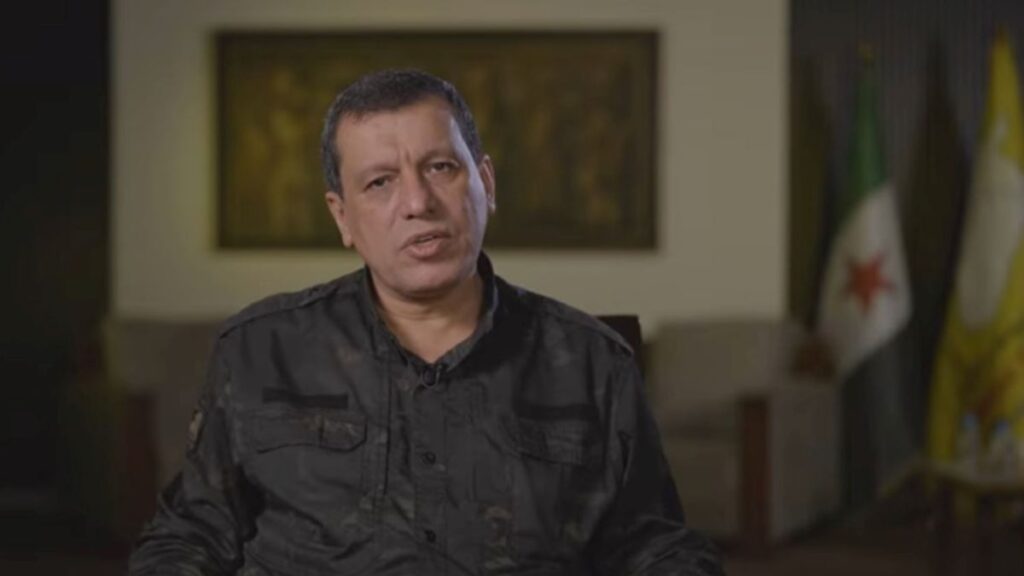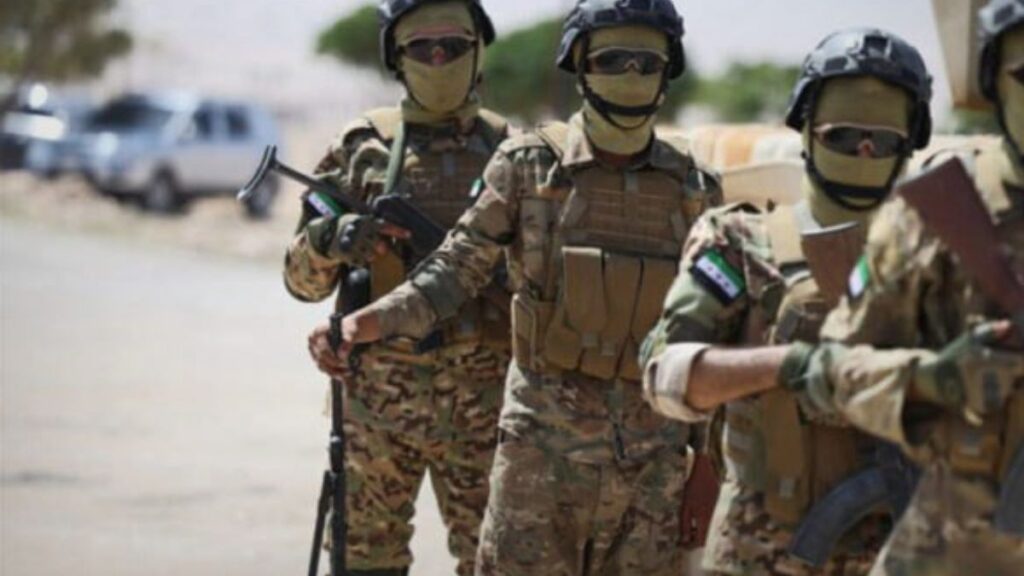A warning for anti-fascists as ‘brown plague’ spreads in France
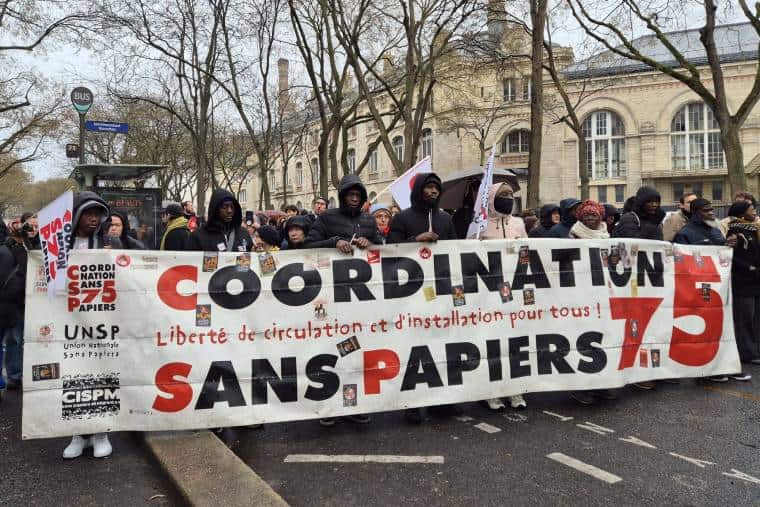
Anti-racist organiser Denis Godard spoke to Thomas Foster about the wave of fascist violence on the streets, how the political centre has enabled it—and what the left should do
The far right is on the offensive in France. Fascist mobs have rampaged through the streets, sometimes in groups hundreds-strong.

